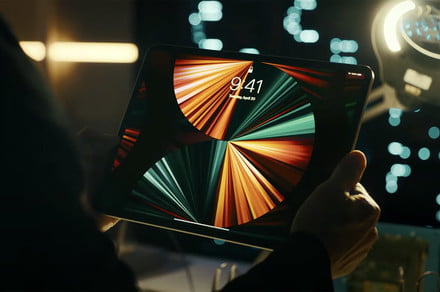Advancements in Virtual Reality
Exploring How VR Technology is Being Utilized Across Various Industries
Not too long ago, virtual reality (VR) felt like something out of a sci-fi movie. Fast forward to today, and it’s becoming part of our everyday reality—quite literally. While gaming is still a major player in the VR space, the technology has grown beyond entertainment and is making a real impact across multiple industries.
Let’s take a look at how different sectors are embracing VR and what that means for the future.
Healthcare: Training, Therapy, and Surgery
In healthcare, VR is proving to be more than just a flashy tool. Medical professionals are using it for realistic training simulations, allowing students and doctors to practice procedures without putting real patients at risk.
VR is also being used in therapy—especially for mental health. Exposure therapy for anxiety disorders, PTSD, and phobias has become more immersive and controlled with VR. Some hospitals even use it to manage pain and anxiety in patients during treatments by transporting them to calming virtual environments.
Education and Training: Learning Gets a New Dimension
Traditional learning methods are getting a major upgrade with VR. Students can now explore ancient cities, dive into the human body, or conduct chemistry experiments without ever leaving the classroom. This level of engagement helps improve retention and makes learning more interactive and fun.
In the corporate world, VR is used for onboarding and employee training. Whether it’s practicing customer service skills or learning how to operate heavy machinery, VR provides a safe, hands-on experience that’s often more effective than manuals or videos.
Real Estate and Architecture: Visualizing the Future
VR is revolutionizing the way we buy homes and design buildings. Real estate agents can offer virtual tours, allowing potential buyers to walk through properties from anywhere in the world. It’s especially useful for international or long-distance buyers.
Architects and designers also benefit from VR by creating walkable, 3D models of spaces before a single brick is laid. This makes it easier to test ideas, make changes, and collaborate with clients in a more visual, intuitive way.
Manufacturing and Engineering: Building Smarter
In manufacturing, VR is used for design visualization, prototyping, and training. Engineers can explore how different components fit together or simulate how a machine works—all before physical production begins. This reduces costs, speeds up development, and helps identify issues early on.
Some companies are also using VR for safety training, giving workers a chance to experience hazardous scenarios in a safe environment so they’re better prepared in real life.
Retail: The Shopping Experience Gets a Makeover
Retailers are tapping into VR to enhance the customer experience. Imagine trying on clothes, glasses, or makeup virtually before buying. That’s no longer just a concept—it’s already happening.
Furniture stores like IKEA let customers design and walk through their dream rooms. Virtual showrooms allow shoppers to explore products in 3D, which adds a new level of convenience and personalization to the online shopping experience.
Entertainment and Social Experiences: Beyond Gaming
Yes, VR is still huge in gaming, but it’s also changing how we consume other forms of entertainment. Virtual concerts, interactive movies, and social VR platforms are bringing people together in new and exciting ways.
Whether it’s attending a live event with friends across the globe or playing immersive games that make you forget the real world, VR continues to push the boundaries of what’s possible in entertainment.
The Road Ahead
As VR technology becomes more accessible and affordable, its impact will only continue to grow. With advancements in hardware, more realistic graphics, and increasing integration with artificial intelligence, the potential applications are nearly limitless.
We’re only scratching the surface of what VR can do. From transforming how we learn and work to how we connect and play, virtual reality is shaping up to be one of the most exciting technological advancements of our time.










